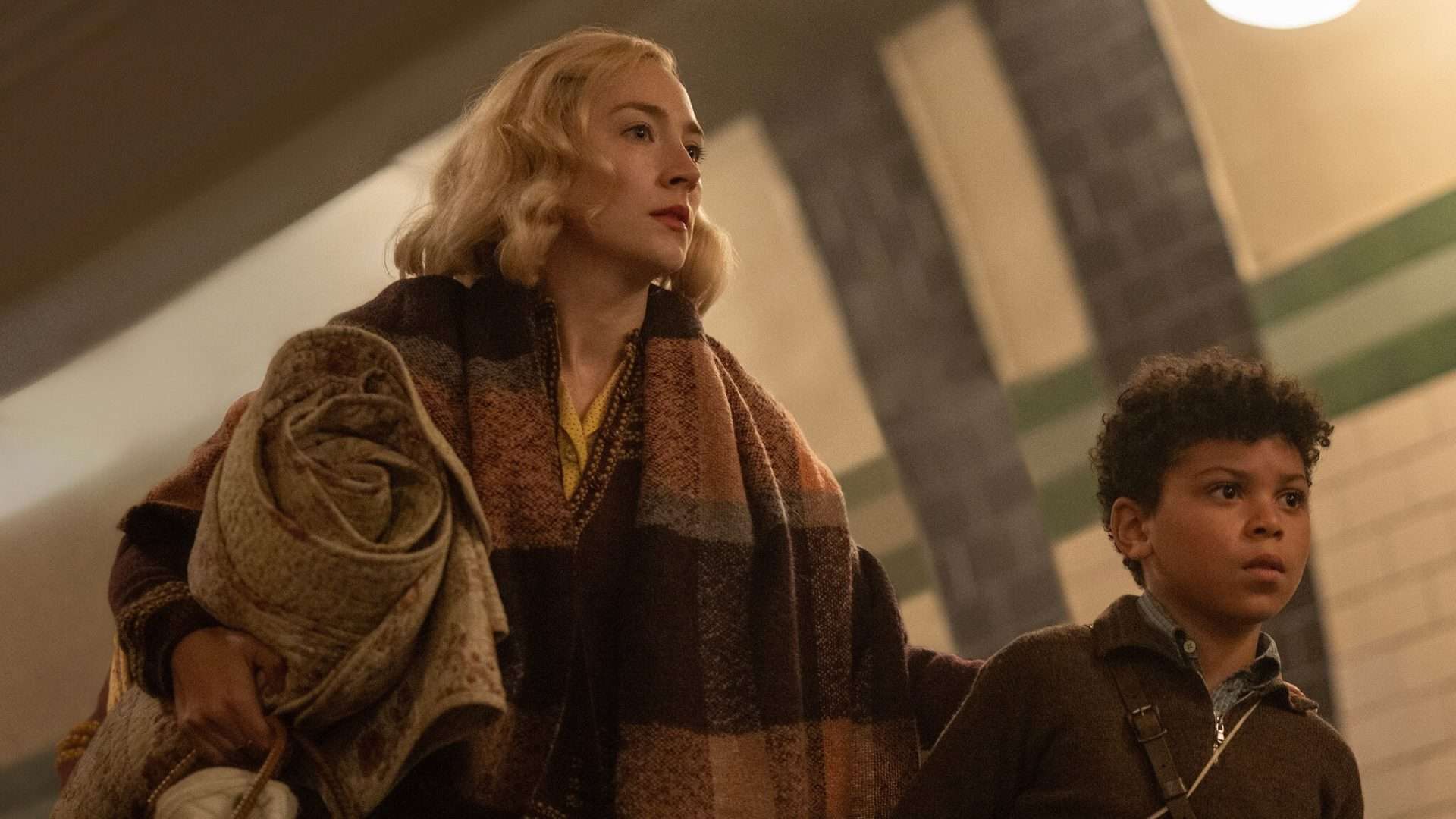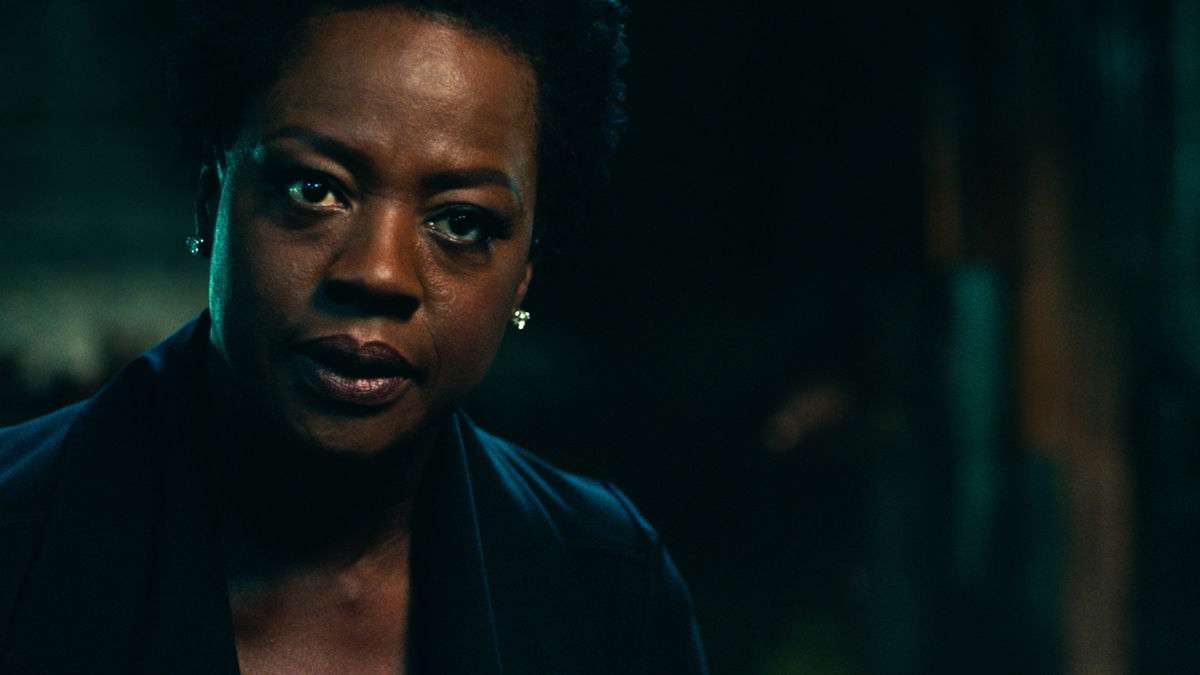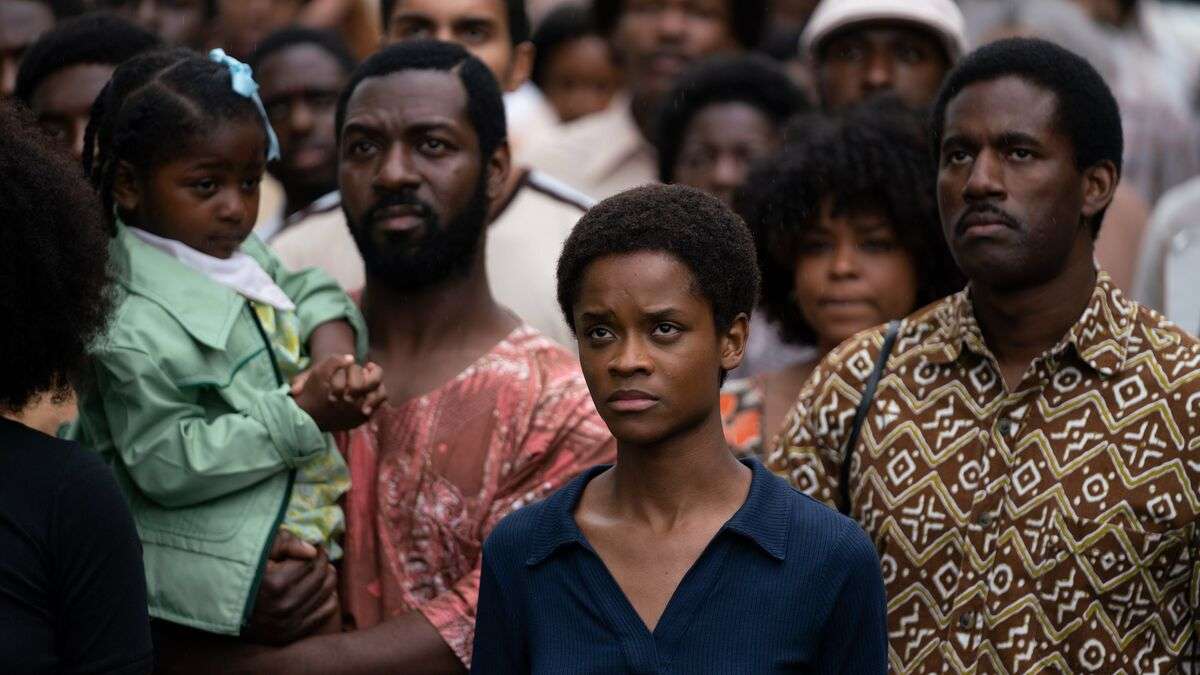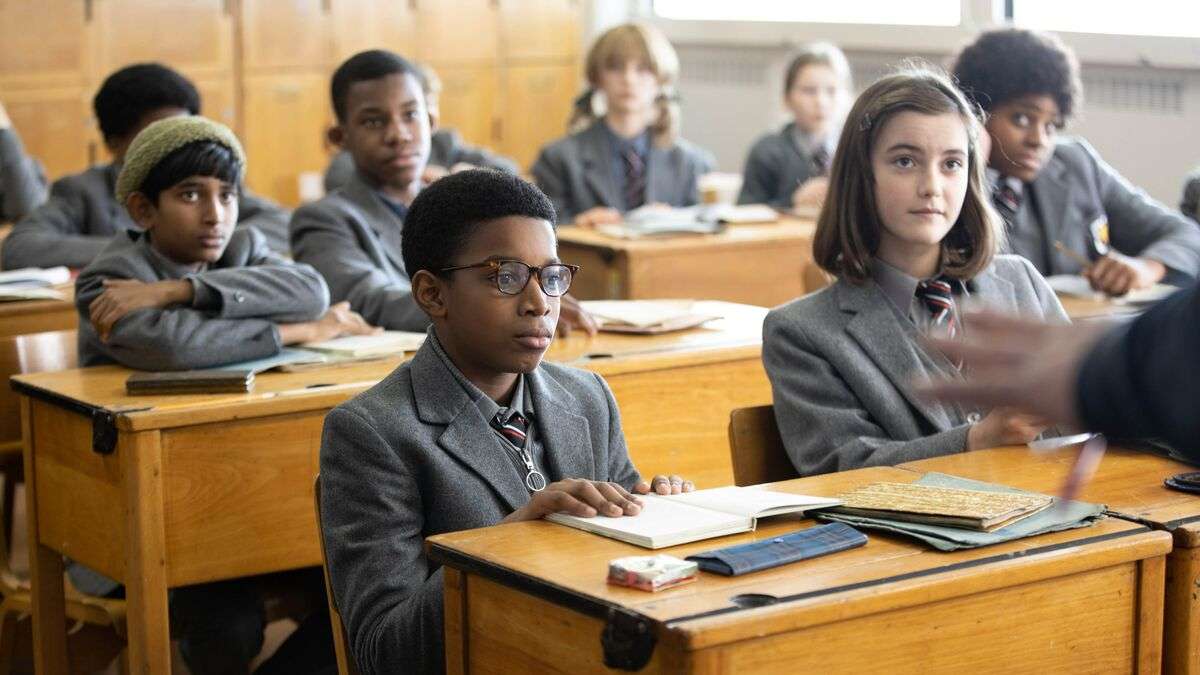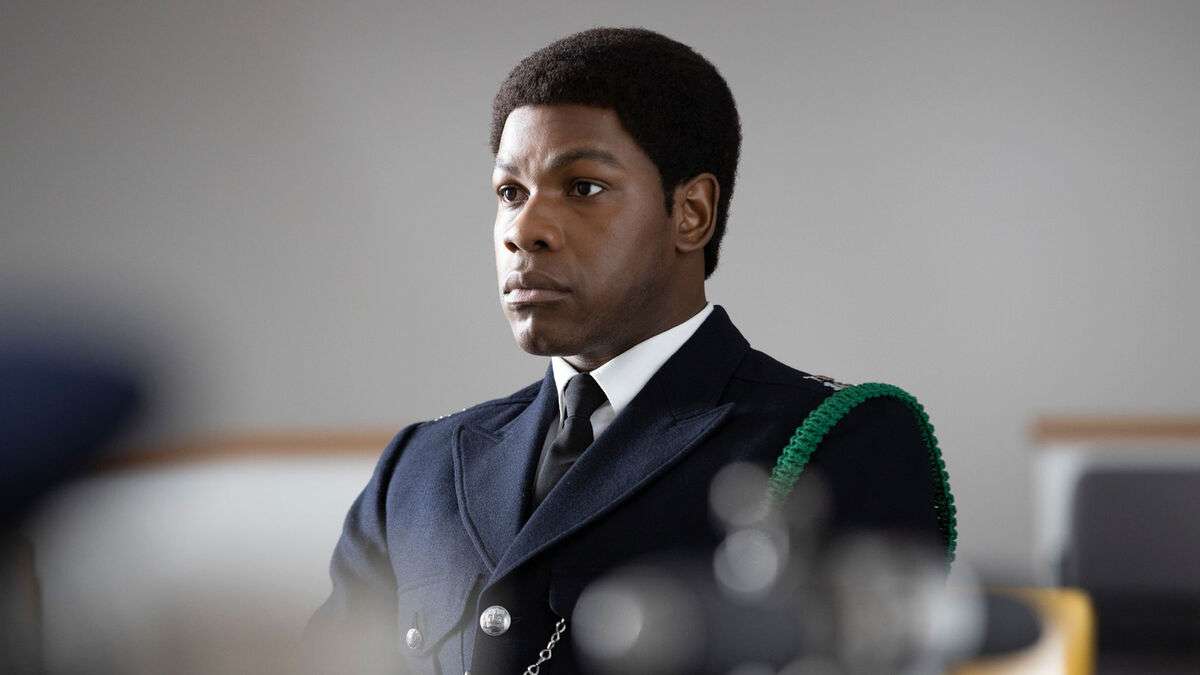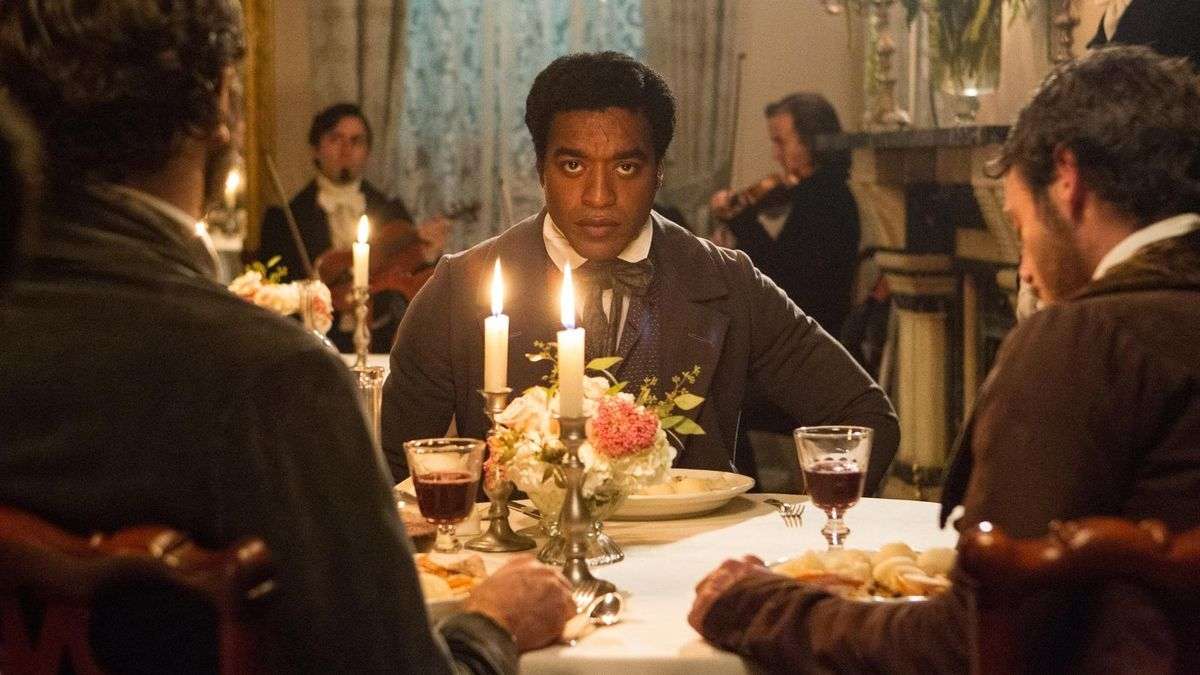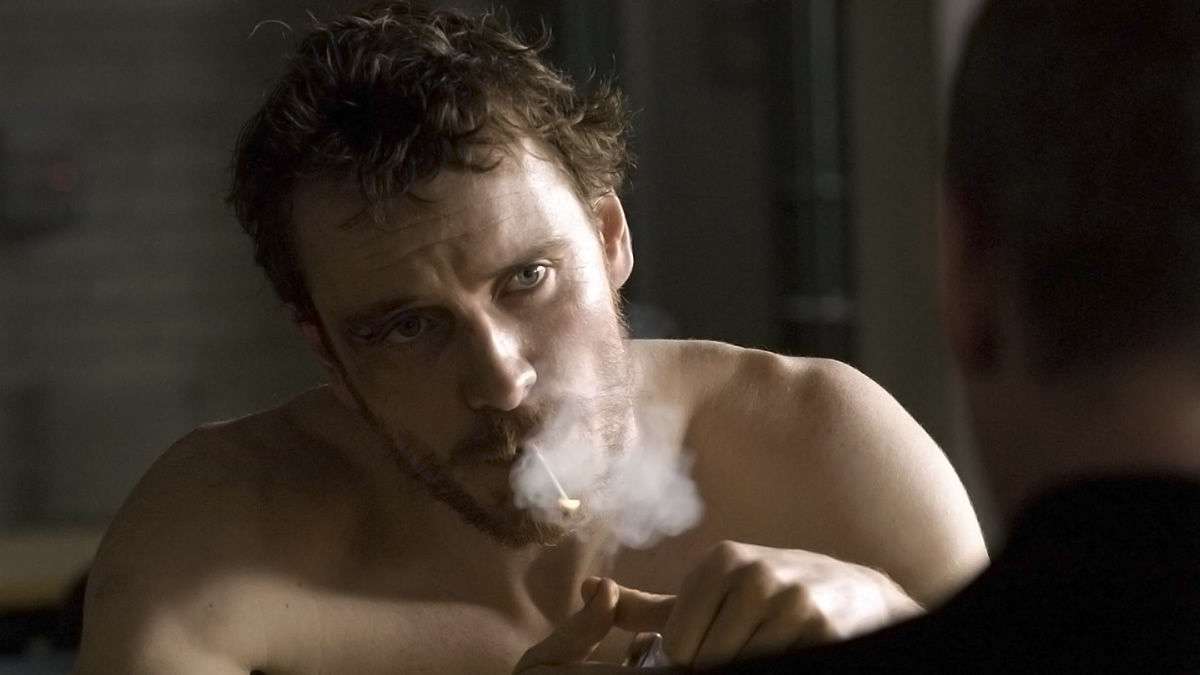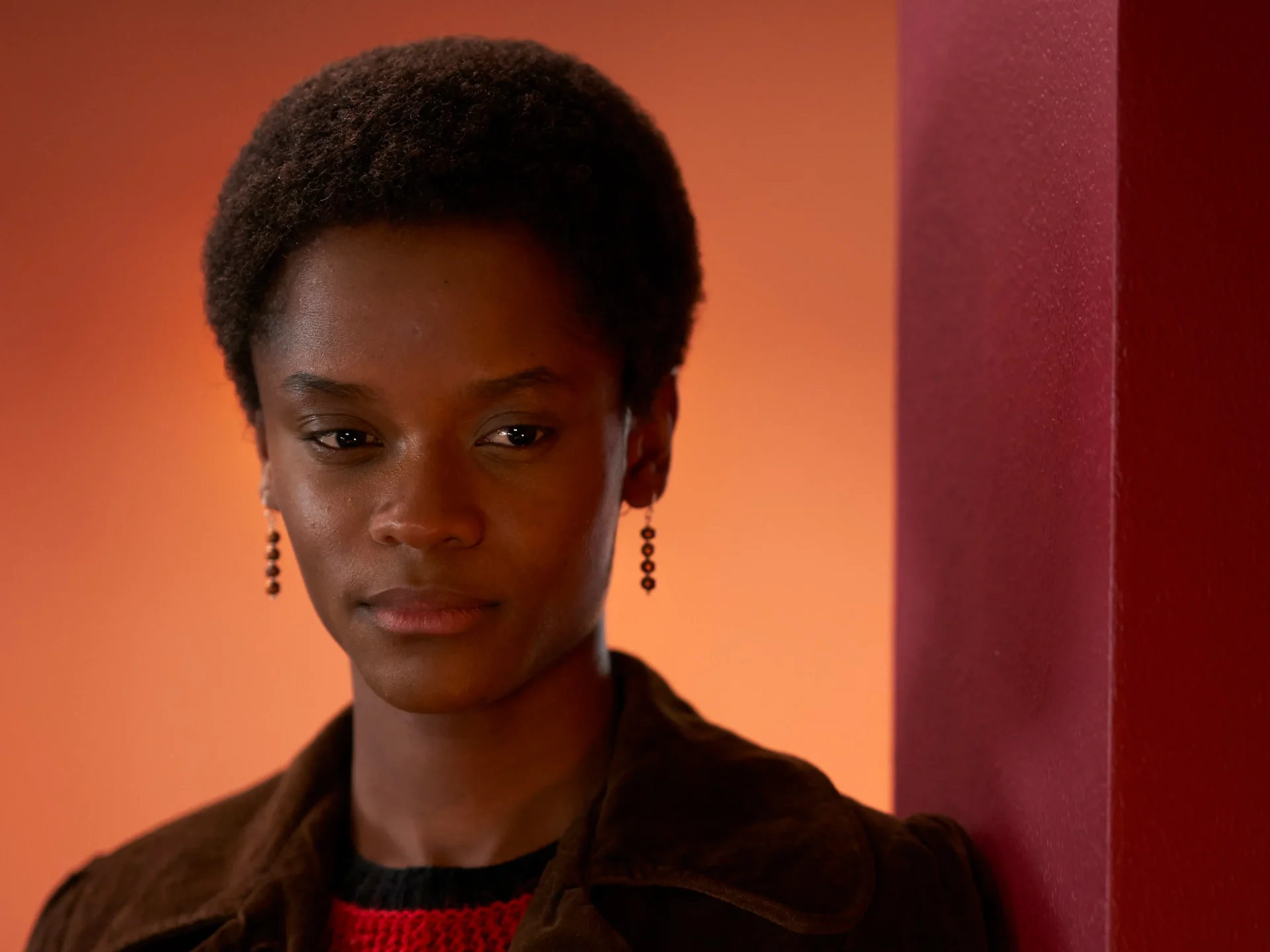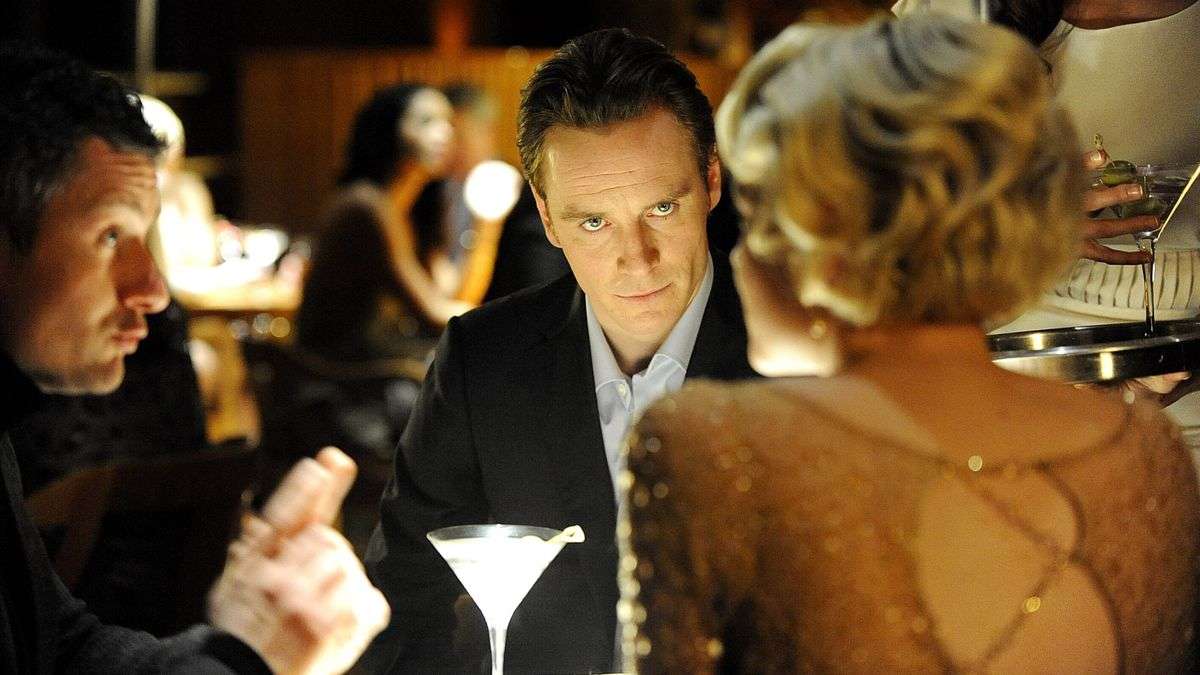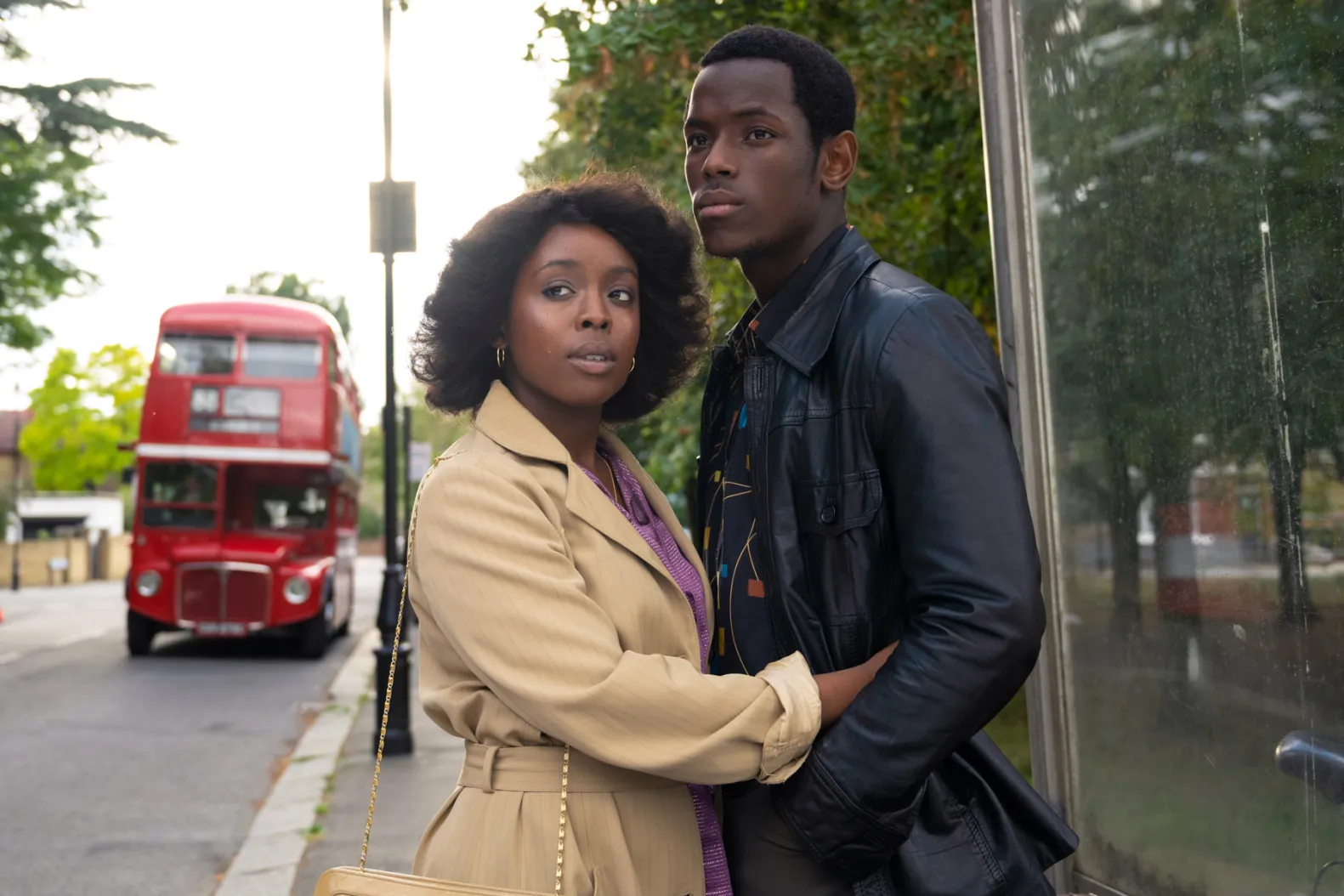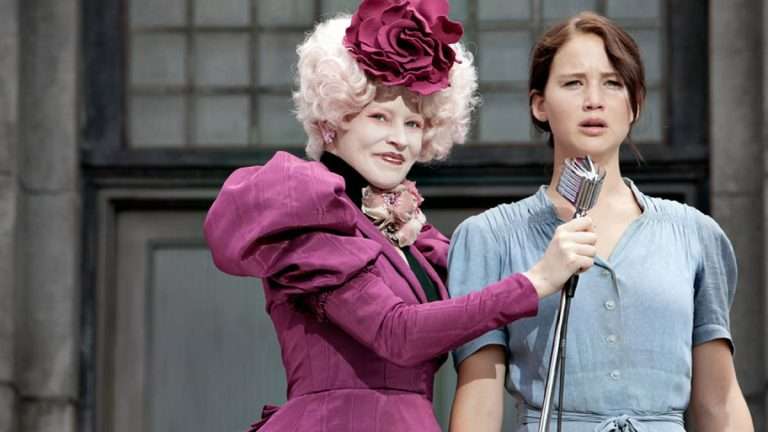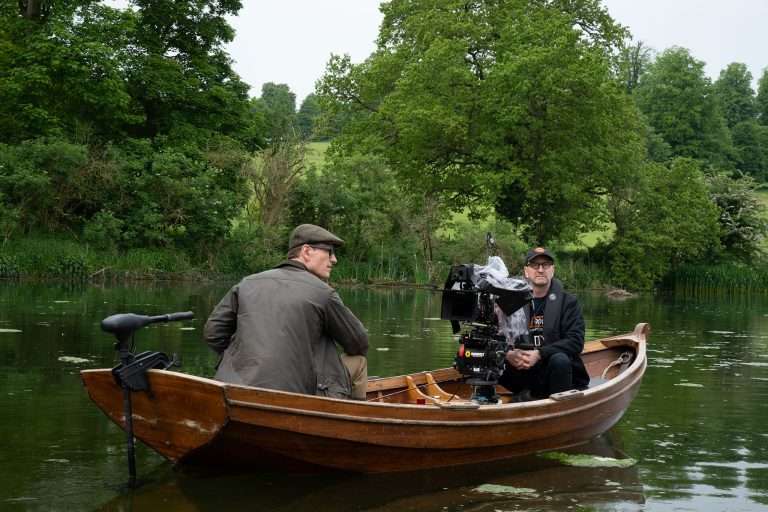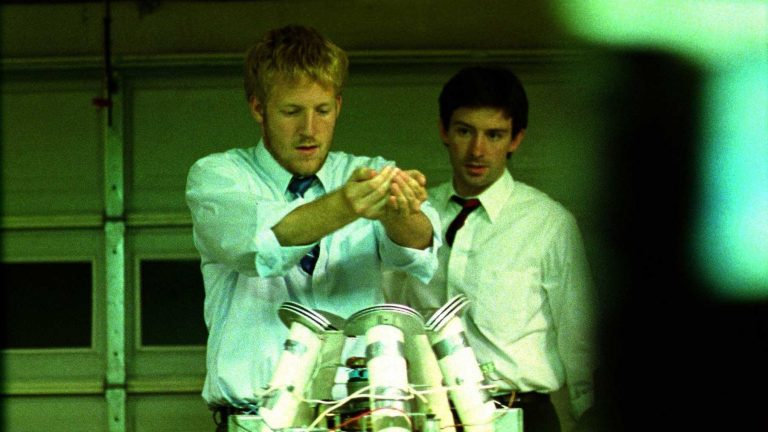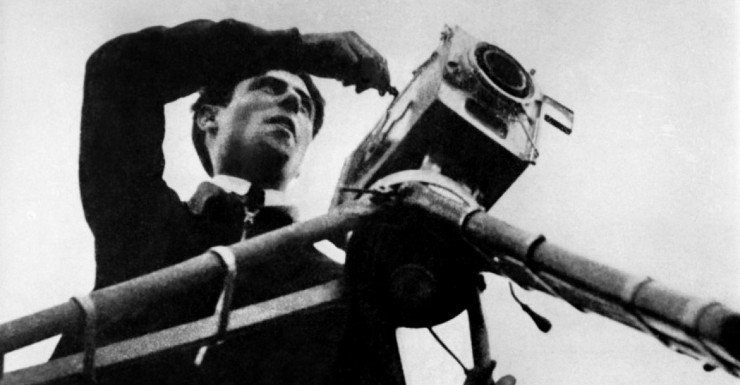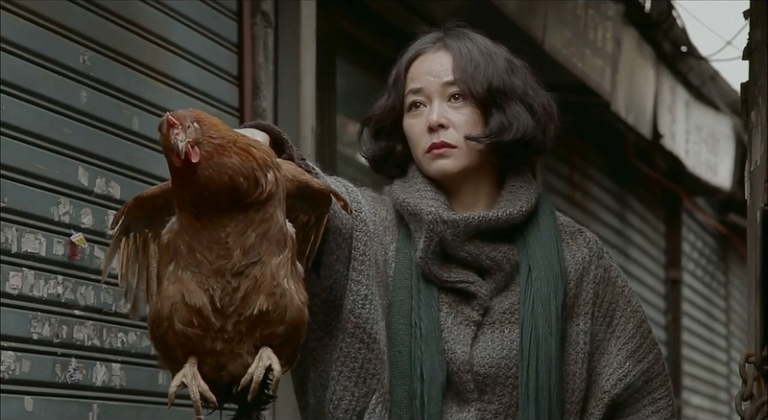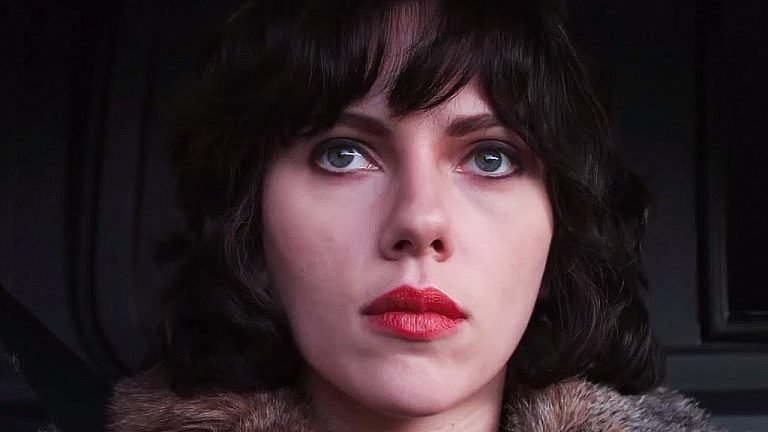Ever since his short films and debut feature film, Steve McQueen has always had an artistic bent while expressing intense and hard-hitting stories about politics, race, sociological development, and even psychological exploration (for the most part). The best of McQueen’s films are always characterized by a hard, unflinching, uncompromising, almost detached stance and being brutally but gorgeously imparted through a mix of form and substance, with both firmly under his control. It produces a filmmaker whose filmography is diverse and fascinating, quality notwithstanding. The singular voice of the filmmaker always manages to stand out.
Two caveats are being taken while ranking this list –
- While McQueen is hugely prolific as a filmmaker, ranging from features, shorts, documentaries, and even ad films, this list will only cover the ten films McQueen has directed.
- All the entries in the Small Axe anthology are considered individual films, rather than taking the anthology as a single entry.
With these caveats out of the way, here are the rankings –
10. Blitz (2024)
Blitz follows young George (Elliott Heffernan), who is sent away by his mother Rita (Saoirse Ronan) as part of the Evacuation of the children to National Homes to protect them from the effects of the Blitzkrieg (“Blitz”). However, George decides to jump out of the train and start the return trek to London and back to his family, but finds himself in peril, both by the Blitz and the unfamiliarity of the big city.
It is trying to be a comprehensive, large-scale depiction of the horrors of the blitzkrieg, while also trying to be an intimate story about a mother and a kid. It is trying to be a humanist story where the inherent contradiction of a nation gung-ho about battling fascism is in sharp contrast to the racism and xenophobia plaguing it from within. It is also trying to be a sentimentalist story about the resilience of the British people that reeks of classic war films, with its sentimentalism almost slipping into saccharine territory. It is trying to be gritty and hard-hitting, but also being a Dickensian story with broad caricaturish antagonists as well as conflicts within the journey designed to derail George. More importantly, this feels at times curiously staid and bereft of the specificity of McQueen, leading to anonymity rather than auteurism. But there are still moments where McQueen pushes back, cracking through the genre templates. But those pushbacks needed to be more incisive. This is the first instance of McQueen almost deliberately trying to make the film more palatable, and there is a discomfort for me as a viewer to identify that tug-of-war. It looks gorgeous, but the tonal whiplash within the film restricts it from connecting with the viewer. This thus turns out to be McQueen’s weakest in his filmography.
9. Widows (2018)
“Widows” follows four Chicago women who plan to attempt a heist to steal over $5 million from a local politician’s home. The stolen money would be used to pay back a crime boss as compensation for money stolen from him by the women’s husbands, who would be gunned down in a police standoff during a getaway attempt. The 2018 film is based on the 1983 British miniseries of the same name and is directed from a screenplay co-written by author Gillian Flynn and Steve McQueen himself.
Arguably the only time McQueen squarely put his foot in a genre picture, “Widows” is very much McQueen’s attempt at not just making a heist film but elevating the film from the trappings of the genre by introducing elements of character drama as well as social commentary. The movie’s source, being a miniseries, makes an ample amount of sense because the movie’s fatal flaw is the numerous subplots that threaten to bog it down and remove any sense of pacing.
The direction by Mcqueen is top-notch, with two memorable sequences: one involving Jack Mulligan (Colin Farrell) conversing in his car, the camera attached to the bonnet, and the other involving Jaleme (Daniel Kaluuya) threatening while the camera revolves around him. It wouldn’t be a stretch to suggest that the entire cast of heavyweights are standouts, elevating the mostly rote characters to something watchable, with Kaluuya being the absolute standout as the volatile mob enforcer. However, compared to McQueen’s filmography, this is a rare miss for me and thus ranks last.
8. Small Axe: Alex Wheatle (2020)
The penultimate film in the “Small Axe” anthology series, “Alex Wheatle,” tells the story of the eponymous black British novelist from his childhood to his early years. The script, co-written by McQueen and Alastair Siddons, follows Wheatle as he grows up in a white institutional home and later finds a sense of community in Brixton, along with the reinforcement of his identity. This growth becomes essential when he is imprisoned after the 1981 Brixton Uprising.
McQueen in “Alex Wheatle” effectively highlights Wheatle as a fish out of water. He is an orphan raised in a foster home by mostly white British people who eventually relocated to West London in the late 1970s and early 1980s. He would have to fight to be accepted into the Jamaican community because his accent is too British or he isn’t black enough. Wheatle’s story becomes a story of learning to fit in and forge an identity, set against the backdrop of the Brixton riots.
It later evolves into the story of unlearning, such that understanding one’s past can aid in creating a future under his control rather than the circumstances and environment controlling him. But at the cost of showcasing that, McQueen risks spoonfeeding the message rather than naturally letting it unfold. Thus, this is ranked lower in McQueen’s filmography.
7. Small Axe: Education (2020)
“Education” is the final film in the “Small Axe” Anthology series. It is a fictional story based on the real-life events of the 1970s when some London officials would unofficially transfer black children from mainstream schools to the school for the “educationally subnormal.” The movie revolves around Kingsley, who is unofficially sent to a school for “special needs.” It reaches a peak when Kingsley’s parents, as well as the parents of many black children, finally become aware of this segregation and decide to take matters into their own hands.
The cleverness of the film rests in Mcqueen’s restraint, in how the movie is perfectly content in lulling the audience to believe the movie’s intent about following a child with special needs, until the mid-point, when Mcqueen slowly reveals the insidious segregation at play. With masterful dexterity, which is impressive in all five “Small Axe” films, McQueen shows class and racial discrimination, cultural bias, and how much of that is fostered in the education system. And while the movie moves towards a progression that could be characterized as predictable, the ending is simultaneously heartwarming and hopeful.
6. Small Axe: Red, White and Blue (2020)
Another “Small Axe” entry, this historical drama film is co-written by McQueen and Courttia Newland. It dramatizes the true story of Leroy Logan, whose trauma at witnessing his father being assaulted by two police officers emboldens him to join the Metropolitan Police Department and try to reform the system from within, leading him to find the Black Police Association.
Mcqueen shoots the first two acts, resembling any traditional social message-heavy Oscar bait film. It’s the third act that completely subverts the conventional escalation to a resounding climax by completely removing the convenient resolution. The relationship between Leroy and his father is still strained on account of Leroy’s decision to join the police department, while Leroy becomes more jaded and hardened with time.
The richness of “Red, White, and Blue” arises from McQueen’s ability to show the intersectionality and life of the black British diaspora without any provocation. There is a more humane outlook to McQueen’s direction in this, which feels like a staple of all the “Small Axe” films. Boyega is magnificent as Logan, while Steve Toussaint as Ken Logan, Leroy’s father, is equally good, bringing to life the two differing perspectives with sharp focus.
5. 12 Years A Slave (2013)
From a screenplay by John Ridley, adapting the 1853 memoir of Solomon Northup,” 12 Years a Slave” is the Steve McQueen directorial that put him on the map on account of Oscar wins for Best Picture, Best Adapted Screenplay, and Best Supporting Actress for Lupita Nyong’o. McQueen’s film follows the story of Solomon Northup, a free African American man who was kidnapped by conmen in 1841 and sold into slavery. He would be put to work at plantations in Louisana for over 12 years before being freed.
At most, with this movie, it is quite hard to watch or even rewatch more than once. The fault lies not in the making of the presentation. Sean Bobbitt’s cinematography truly underscores the gorgeous vistas and the naturalistic grandeur, while Hans Zimmer’s score highlights the melancholy and poignancy of what is occurring on screen. It’s, however, McQueen’s almost distant gaze, his lack of didactics, and his unwillingness to embellish any aspect of the past that are both exquisite and yet uncomfortable to watch in their deliberate pacing.
This dissonance between the cruelty of slavery and the beauty of form and filmmaking is bridged by a haunting Chiwetel Ejiofor performance and supported ably by a mesmerizing Lupita Nyong’o. At its best, this movie deserves all the accolades. But this ranking also accounts for personal opinions, and in a filmography where almost all films manage to touch the zenith of filmmaking, the option finally lies in preference. I can admire and respect this movie as a tome to highlight Soloman’s unwavering fight to retain his dignity. But I cannot watch it more than once. This is the reason for its placement in the rankings.
4. Hunger (2008)
Steve McQueen’s debut as a feature film director is again a historical drama film, this time about the 1981 Irish Hunger Strike. It stars Michael Fassbender as Bobby Sands, the leader of the Provisional IRA who led the second IRA hunger strike and participated in the “no wash” protest, all to attain political status that had been revoked by the British government in 1976. More importantly, it follows the events occurring at the Maze Prison in the days leading up to the Hunger Strike and other characters in the prison beyond Sands.
McQueen’s depiction of the prison violence at the HM Maze during the 1981 hunger strike, with a no-wash provision, is stylization by documentation, be it in the room covered with fecal excrement or Bobby Sands’ hair being forcefully cut and his beard being shaved. It’s how the body and the fluids associated with it become weapons, and McQueen’s camera weaponizes it. But what is also extraordinary is the use of silence.
The silence is utilized to depict security guard Ray Lohan’s increasingly horrifying monotony of having his meals at the prison after washing off his bloody hands or portraying Davey Gillian’s adjustment while living in the inhospitable HM Prison, barely surviving the gauntlet. But it is also essential to delineate that silence is punctured in a seventeen-minute uncut sequence where Bobby Sands (Michael Fassbender) and Father Dominic Moran (Liam Cunningham) talk about politics, life, and the morality of the hunger strike. Hard-hitting, brutal, and not taking any quarter, but also funny and philosophical. McQueen truly announces himself in a trailblazing debut, which is still incredibly effective and deserves such a high spot in the rankings.
3. Small Axe: Mangrove (2020)
“Mangrove” is a 2020 historical drama film co-written by Alistair Siddons and directed by Steve McQueen. The first film released as part of the “Small Axe” anthology dramatizes the story of Frank Crichlow, a Trinidadian immigrant who would open a new restaurant named Mangrove in the Notting Hill neighborhood in the 1960s. The Mangrove would be an important meeting place for black activists and intellectuals and would be raided by the police repeatedly on the grounds of drug possession. In response, the black community would stage a protest, which would lead to escalation and a series of arrests, and the leaders of the movement (dubbed the “Mangrove Nine”) would be tried in 1971. This movie covers the courtroom trial of the Mangrove Nine.
The remarkable part about “Mangrove” as a motion picture is in the details it furnishes us without drawing attention to itself. More than a location, McQueen is successful in cementing the Mangrove as a place with its lobster stew, Jamaican music, and people. The genuine and heartwarming performances McQueen extracts from his protagonists ensure that the sense of milieu is maintained, a verisimilitude not usually seen in most courtroom dramas.
With a soundtrack featuring music from the Maytails, “Mangrove,” at its core, is a blisteringly angry motion picture, but under the hands of McQueen, it is also steady and subtle. It starts slow and has the longest runtime of all the “Small Axe” films, but it crescendoes to a terrific climax and is easily one of the best in an already impressive filmography.
2. Shame (2011)
From a script co-written by McQueen and Welsh playwright Abi Morgan and directed with candor and empathy by McQueen, “Shame” (2011) is McQueen’s most complex psychological exploration utilized in a film to date. It follows Brandon, a thirty-something executive whose addiction to sex makes him elusive to intimacy and human connection. But this self-imposed loneliness gets shaken when Brandon’s sister temporarily moves in with him, dredging up past unrevealed and unresolved trauma and causing Brandon to spiral.
In a directorial fashion similar to “Hunger” (2008), McQueen is unflinching about the subject matter he is tackling (sex addiction) but also non-judgmental. In the act of staying inside the world of the virtual and the make-believe designed for instant gratification, the effort to create human connections slowly eroding Brandon’s humanity is portrayed by the captivating and intense Michael Fassbender. Carey Mulligan’s depiction of Sissy’s borderline personality disorder, in contrast, is heartbreaking, as are her efforts to connect with her closed-off brother.
It’s truly McQueen’s direction that elevates this film from a purely cheap thrill-seeking endeavor. From slowly mutating and evolving the depiction of the sexual scenes corresponding to Brandon’s mental fragility to using silence as a means to highlight Brandon’s connection and eventual breaking off with a woman in both the opening and closing sequence of the movie, “Shame” is McQueen at his most ambiguous and his most empathetic, bringing to light a topic not dealt with much in movies or any form of media.
1. Small Axe: Lovers Rock (2020)
“Lovers Rock,” the best one of the “Small Axe” movies and the best of McQueen’s filmography, is the second of the “Small Axe” films co-written by McQueen and Courttia Newland. Named after the style of reggae music and utilizing some of the best songs of that era, this film is set on a single evening at a house party in 1980s West London, exploring intertwining relationships, not unlike how the Lovers Rock music genre connected diaspora communities throughout the world.
Perhaps it is not surprising that what makes this my favorite of McQueen’s filmography is that it is his most humane and, dare I say, fun movie. An exquisitely crafted, visually resplendent presentation of a 70s ska and blues-heavy playlist, the music perfectly captures a tone and thus serves as a brilliant snapshot of a specific era. It is further impressive that even in moments almost resembling a fairytale romance, McQueen weaves in class division, social politics, and even a discussion of sexuality, but with enough grace and finesse that the tightrope balancing act is just a sight to behold.
The overall atmosphere of the film drips with sensual grace, pulling the viewer into this world and this party, craving and nostalgic for an era none of us had experienced. But truly, music is the closest one can come to experiencing a bygone era, and thus, when the “Kung-Fu Fighting” needle drop arrives, you are with the characters, experiencing a shared dopamine high through the screen and via the narrative. “Lovers Rock” is a gorgeously constructed and emotionally dynamic movie and deserves the top spot in this ranked list.

